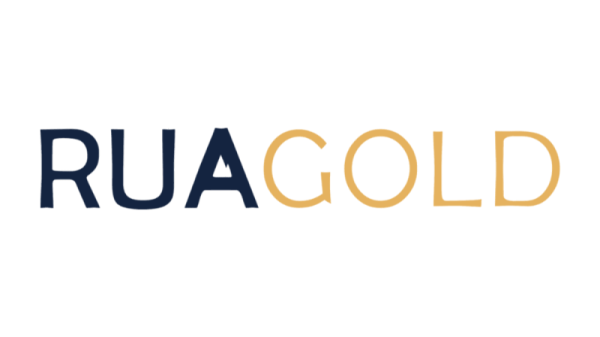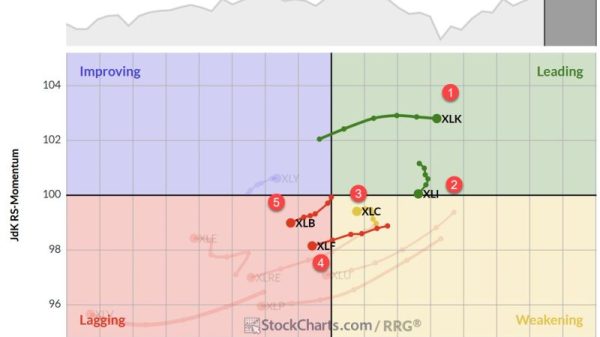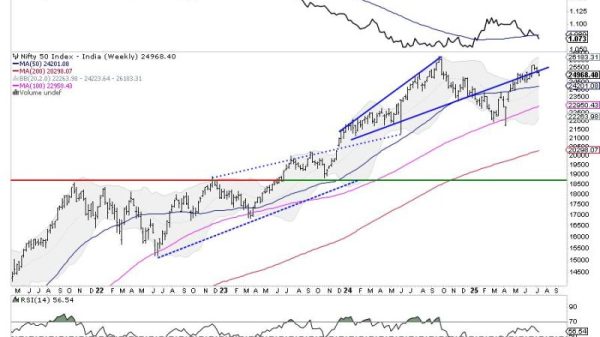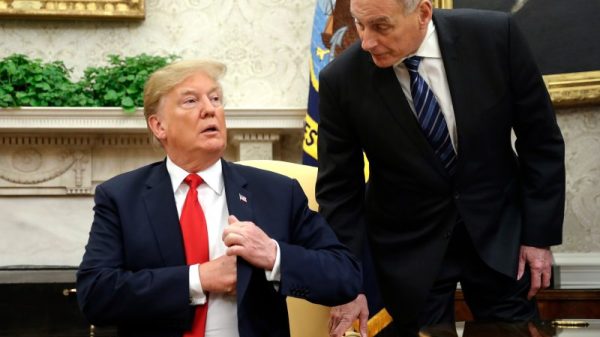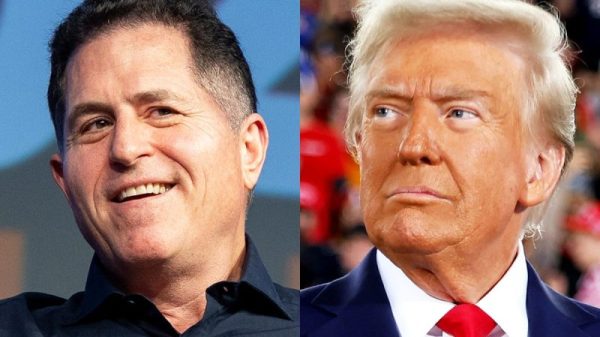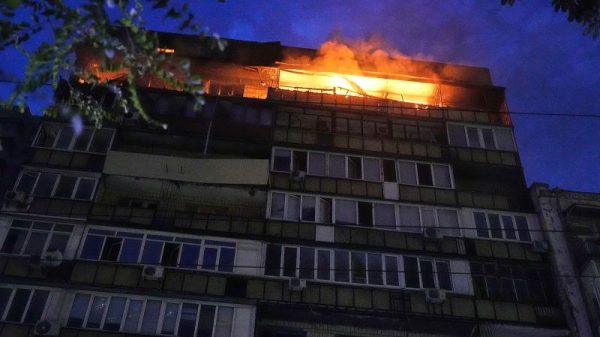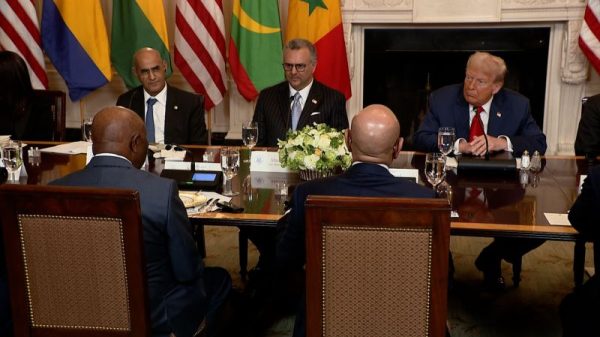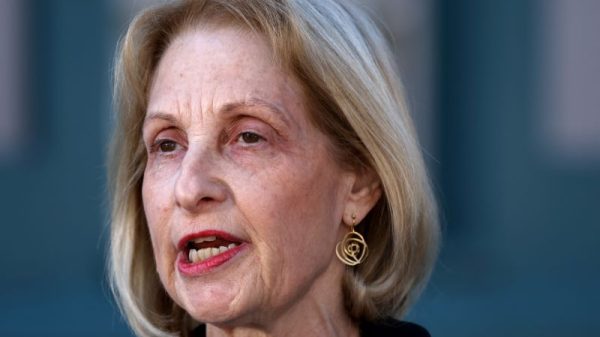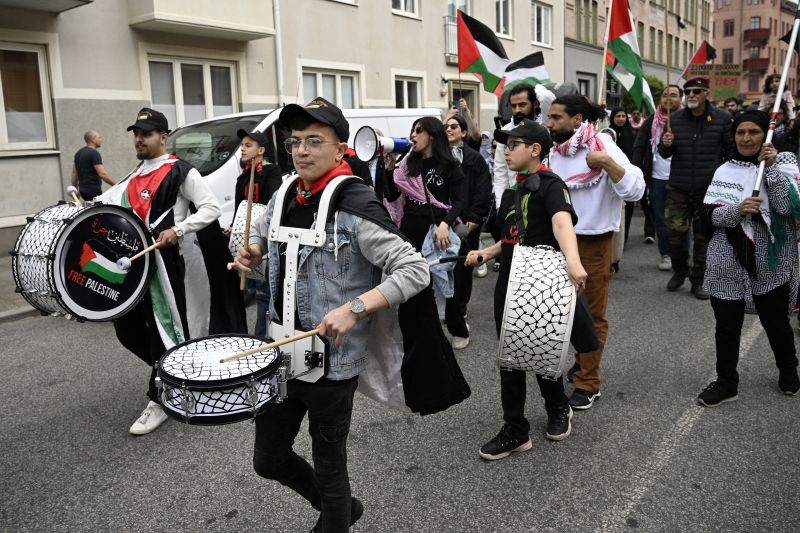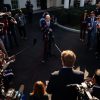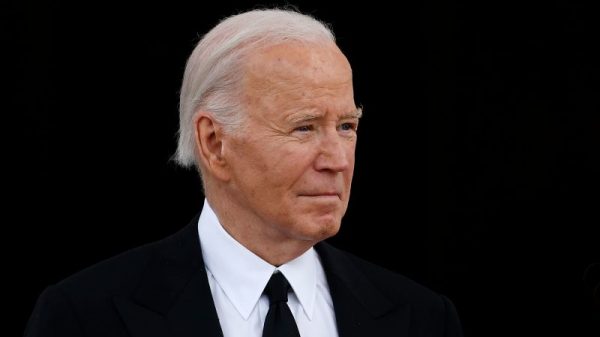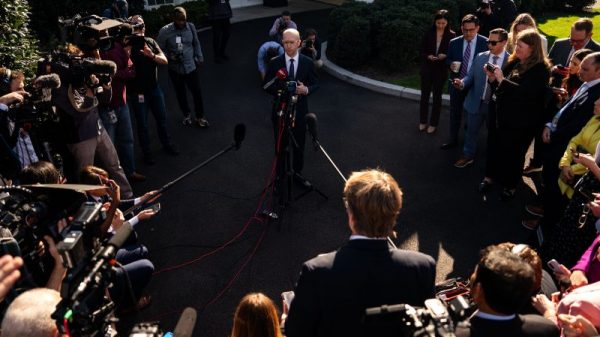In the seven-decade history of Eurovision, it’s unlikely that a three-word slogan has been repeated so readily by the song contest’s extravagant contestants, tireless organizers or cagey media managers: The world, they insist, can be “United by Music.”
But Malmo, the Swedish city hosting the kitsch cultural phenomenon this year, is increasingly divided by Eurovision.
Saturday’s Eurovision final will be watched by more than 150 million people around the world on TV and around 15,000 fans gathered inside the Malmo Arena. But the concert may be only the second-best attended event in the city that evening; a pro-Palestinian protest, calling for Israel’s removal from the contest, is expecting at least 20,000 attendees, and possibly far more.
The competition – which tries desperately to retain its “apolitical” tag – has become the largest cultural event so far to be rocked by the repercussions of Israel’s war in Gaza. Israel’s military assault has killed more than 34,000 Palestinians in Gaza since it was launched in response to Hamas’ October 7 attacks on Israel, in which at least 1,200 people were killed and more than 250 taken hostage. Those protesting or boycotting the song contest claim it is “artwashing” the conflict; others defend Israel’s inclusion, insisting the contest should not be dragged into geopolitics.
Weeks of simmering tension over the question are coming to the fore in Malmo this week, ahead of the contest’s semi-finals on Tuesday and Thursday. And they are leading to perhaps the tensest three minutes in the contest’s history, when Israel’s competitor, Eden Golan, performs live.
“We could well see protests in the arena, we could see booing,” Jordan said. “I would imagine the scale of it in Malmo would be bigger than anything we’ve ever seen before.”
An increasingly political song contest
It is difficult to pierce the celebratory bubble that surrounds the competition each year. But even among Eurovision’s media-managed contestants, there are some rumblings of discontent this time.
Founded by the European Broadcasting Union (EBU) in 1956 as a unity-fostering project between national broadcasters, Eurovision has been rocked and buffeted for decades by the continent’s geopolitical currents. It offers an unrivaled soft power-building platform to member states with poor human rights records, like Azerbaijan and, until two years ago, Russia.
But this year is the most difficult yet for the EBU, which decided against excluding Israel over the country’s war in Gaza, whereas Russia was barred after its full-scale invasion of Ukraine two years ago – contrasting stances that led to calls of double standards.
“If we start across the board just deciding that we’re going to exclude people, on the basis of geopolitical situations or terrible things that might be happening in the world, then every year we’re just going to have groups of people calling for someone to be excluded – be it Azerbaijan, be it somebody else,” Curran said.
“We want to try and keep the contest as non-political as we can,” he added. “And that’s hard.”
He may be understating matters. Publicists representing a swathe of Europe’s most eccentric musical artists in Malmo have been especially cautious with their talent, seeking to protect them from questions relating to the protests taking place just a few yards from their hotels.
The EBU was already forced to intervene when Golan’s initial song submission, “October Rain,” was deemed to too closely reference Hamas’s October 7 attacks on Israel.
Artists are not allowed to make statements either, though some may risk the punishment – a fine for their broadcaster – to do so, as Iceland’s act did in 2019, when they held up Palestinian flags during the contest, which was held in Israel.
“We wouldn’t want them to do that, quite obviously,” Curran said. “That is not something that we want artists to do, and it’s in the rules that they shouldn’t do that, and can’t do that.”
But, for all their efforts, Eurovision bosses will hold their breaths while Golan sings in Saturday’s grand final if, as expected, she progresses from Thursday’s semi-final.
“The real worry would be any threat of violence, particularly towards the singers,” Jordan said. “The worst nightmare could be a stage invasion.” The latter occurred during the United Kingdom’s performance in 2018, when a man snatched the microphone from singer SuRie and screamed a message before being removed.
‘It has divided the city’
As Malmo sought to stage a week’s worth of events and performances to celebrate Eurovision, it encountered a problem: artists kept dropping out, following pressure from pro-Palestinian groups urging a boycott of the contest.
“It has divided the city, in a way,” admitted Karin Karlsson, who is in charge of staging the events in Malmo. “I don’t think we will solve any questions when it comes to the war in Gaza by boycotting,” she said.
In total, she said 20 artists had dropped out of performing in the city. But Karlsson is undeterred. “I sleep well,” she said. “I want to show everybody a vibrant, super diverse city, where we can live side by side but still think differently.”
She hopes that Malmo is on track to fulfilling that goal. “But you never know. It’s uncertain at the moment.”
That has caused tensions with some residents, she said, who want resources and time spent on public services, rather than international spectacles.
The city is also home to large Muslim and Palestinian populations. Weekly pro-Palestinian protests have been held since Israel’s war in Gaza began in October, and the protest during Saturday’s live final could be the biggest since those early weeks.
“We hope to show the EBU that the people of Malmo reject their attempt at artwashing,” said Mohammad Ghannam, who has led the movement to boycott Eurovision as part of Sweden’s Palestinian-led Boycott, Divestment, Sanctions (BDS) group.
And last week, Israel’s National Security Council raised its travel warning to Malmo, urging Israelis planning to attend Eurovision to reconsider whether they need to do so. It cited “tangible concern that terrorists will exploit the protest and the anti-Israel atmosphere to carry out an attack on Israelis,” and described Malmo as a hub for “anti-Israel protests.”
Lara Yosef, a 30-year-old Syrian migrant to Malmo who will be attending Saturday’s demonstration, said that when she walks past Eurovision advertising in her city, “I see blood.”
“I’m hoping that some artists will surprise us and (make) some statements on stage,” Yosef said.
But many more are working to block out what is becoming a near-deafening distraction, joining Eurovision’s organizers in offering delicate comments. “(Our) sympathy is (with) all people who say that war is sh*t,” said Ukrainian contestant Alyona Alyona. “Because who, if not we, can say what is war, and how sh*t it is?”

